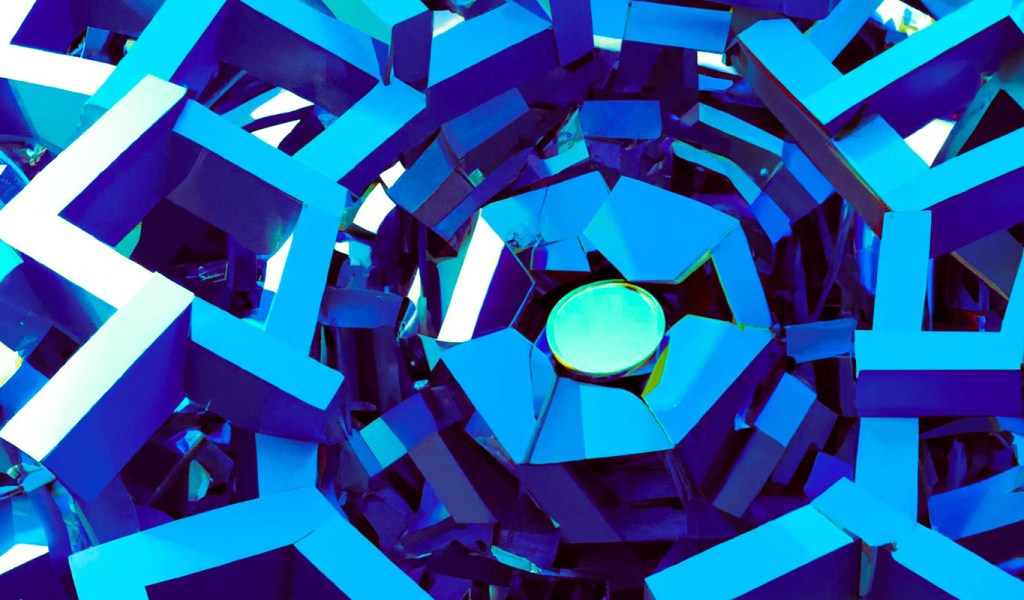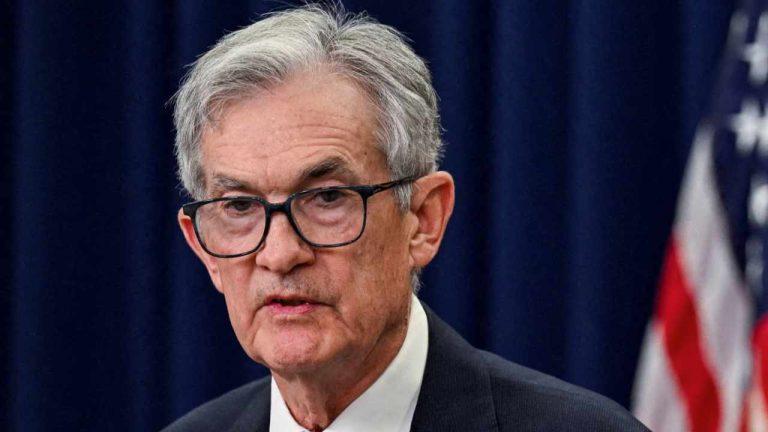
Blockchain Is a Way of Thinking – Shaping the Future of Humanity
HodlX Guest Post Submit Your Post
All too often, humanity falls into a pattern of thinking and doing that loses its effectiveness over time. We tend to cling to the path of least resistance, stagnating as we hold on to outdated ideas.
Many things that are today taken for granted were once vehemently opposed by some section of society be it the ideas of germ theory, that we live in a heliocentric solar system or that anesthesia is actually a good and useful thing as humans, we tend to kick against changes until our feet hurt.
One of the most recent revolutionary concepts that we have seen growing, with a hell of a lot of pushback, is the implementation of blockchain technology.
The decentralized, transparent and immutable nature of blockchain has the potential to revolutionize not only the financial world but also the very fabric of our society.
But with the status quo being so well cemented, many find it difficult to do a 180 and leave the safe zone of centralized organizations with little or no transparency to plunge head first into the coming blockchain revolution.
I believe that blockchain is a way of thinking, and only by adopting a blockchain mindset, can we create a future built on trust, collaboration and empowerment.
Let’s take a closer look at some of the changes we need to make in our thinking in order to be able to swiftly embrace a future in which blockchain will probably play a key role.
The essence of blockchain thinking
At its core, blockchain thinking is all about decentralization and trust. These seem to be things that are seriously lacking in society these days.
We see more and more people question the validity of their governments, the monetary systems as it currently exists, the way in which data is secured by companies like Facebook and the list goes on.
Despite these two things going hand in hand a lot of the time, decentralization and trust each have some singular points that can help shape our thought patterns into something more logical and blockchain-ish.
Trust
The trust factor is something that has long since gone out the door when it comes to things like ‘revolutionary technology.’
With the likes of Elizabeth Holmes making unbelievable blood testing technology claims and the founder of electric car company Nikola using fake videos to show off their incredible EV technology, it is no wonder that people are slow to jump on board with the latest fad.
With all these scammy things going on in the world of technological innovation, people have become more skeptical than ever when it comes to new tech being touted as ‘groundbreaking.’
This has put blockchain in a very interesting position, as it is a paradigm shift in tech but also holds the key to helping promote better trust.
Blockchain creates trust by using cryptography and consensus algorithms to verify the integrity and authenticity of all the data held on the blockchain.
So, it would be near impossible for any single person or even a large group to manipulate the data. The main stumbling block is that all this transparency puts people on edge.
Most of us don’t want all of our dealings to be visible to a large network of people, but this is something that is mostly an issue for those using cryptocurrencies to do illegal business.
Blockchain is so much more than just crypto-based FOMO.
Say, for instance, we just use blockchain as a proof of ownership and bookkeeping mechanism, like what the government is pushing on with in Dubai it takes on a whole new world of possibilities.
In Dubai, the government announced plans to use blockchain for all government documents.
This one move, if implemented by all governments, could pretty much whip out corruption in one fell swoop and allow people to once again put a little bit more trust in the powers that be.
Decentralization
I hate hammering on one group, but once more we have the good old government in the hot seat. Well, not only governments but any institution that is predominantly centralized by nature.
Over the past years, we have witnessed the collapse of major institutions such as Credit Suisse and the likes of FTX, proving just how dangerous it can be to keep all your eggs in one basket specially if you have no idea what the inner workings of this basket might be.
Decentralization makes systems robust, and this is one of the main concepts that lie at the heart of blockchain.
It gives every participant access to the same information, thus eliminating all the noise and ambiguity that might otherwise muddy the waters and cause problems down the line.
Blockchain thinking calls for transparency, accountability and the elimination of middlemen, ensuring that no single entity has control over our lives and resources.
It aims to put power in the hands of the people and allows them the freedom to be the ones taking charge of their own existence rather than pinning the responsibility on some third party to organize things on their behalf.
So, in a nutshell, blockchain does not only stand out as a technological marvel that will shape all of our futures but through its decentralized nature, it encourages collaboration and cooperation on a global scale.
Land titling on the blockchain
To illustrate the potential of blockchain thinking, let’s look at a real-world example of how it can be applied.
In many countries, the process of registering and transferring land ownership is plagued with inefficiencies, corruption, disputes and just a whole host of other unpleasantries.
So, we have seen more and more governments looking at implementing blockchain technology to sort some of this mess out.
For instance, in Sweden, the country’s land registry authority, Lantmäteriet, has officially started using blockchain to record land titles.
By storing land ownership information on a decentralized ledger, they aim to streamline the process, reduce costs and provide a trusted source of truth for all stakeholders.
It seems obvious that this approach not only enhances efficiency but also increases trust in the system, benefiting both individuals and society as a whole.
Sweden is not the only country to have come to this blockchain way of thinking about land ownership recordkeeping.
The United Arab Emirates is perhaps one of the most progressive countries when it comes to blockchain adoption, with the Dubai Land Department already using a blockchain-based system for recording and tracking real estate contracts.
Along with these two, there are also talks of or actual implementations of blockchain as a real estate record keeper underway in Brazil, Georgia, Honduras, Sweden, Tanzania and Ukraine.
Conclusion
Blockchain is more than just a technology it’s a way of thinking that has the potential to transform our society for the betterment of us all.
Embracing the principles of decentralization, transparency and trust, humanity will be able to build a future where power is distributed, collaboration is celebrated and individuals have fuller control over their own lives.
Through real-world applications like land titling on the blockchain, we can already see the first tangible proof that blockchain is indeed a game changer and not just another ‘revolutionary’ technology.
Konstantin Rabin holds a Bachelor’s degree in International Business from the University of Groningen, the Netherlands. He has been working in the retail FX sector since 2010 and was heading the marketing department of one of the largest European brokerages and a financial data aggregation company.
Follow Us on Twitter Facebook Telegram

Disclaimer: Opinions expressed at The Daily Hodl are not investment advice. Investors should do their due diligence before making any high-risk investments in Bitcoin, cryptocurrency or digital assets. Please be advised that your transfers and trades are at your own risk, and any loses you may incur are your responsibility. The Daily Hodl does not recommend the buying or selling of any cryptocurrencies or digital assets, nor is The Daily Hodl an investment advisor. Please note that The Daily Hodl participates in affiliate marketing.
Generated Image: DALLE-2
The post Blockchain Is a Way of Thinking – Shaping the Future of Humanity appeared first on The Daily Hodl.
Go to Source
Author: Konstantin Rabin









